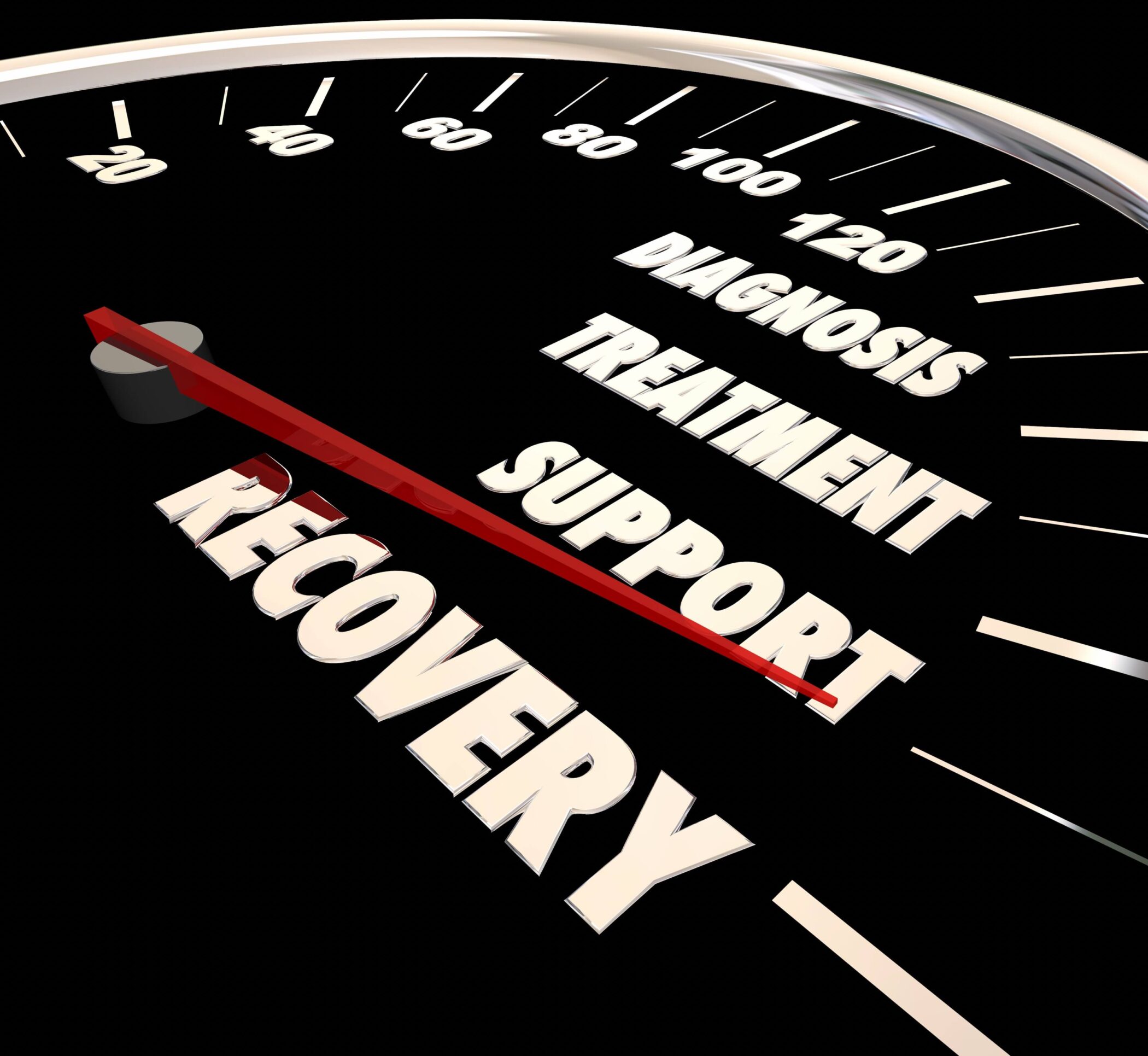Drug and alcohol detoxification, commonly called “detox,” eliminates all traces of the abused drug from the body and purges any toxins accumulated due to drug use. Drug detox is the first and most important step in treating addiction and is essential for an individual to begin a successful journey toward recovery.
The time it takes to complete drug detox can vary widely depending on several factors, such as the type of drug used, the severity of addiction, the length of addiction, and the detox method. Every situation is unique.
Withdrawal – The Beginning Of Detox
Withdrawal symptoms are the body and brain’s natural responses to the absence of the drug. They vary in intensity depending on the drug, the dose, the individual’s physical and mental health, and other factors. Withdrawal symptoms can range from mild to severe. The most common ones are physical symptoms such as tremors, sweating, nausea, vomiting, diarrhea, and insomnia, and psychological symptoms such as anxiety, depression, cravings, and irritability. Many times withdrawals are uncomfortable enough to lead to relapse, and, in some cases, the symptoms can be dangerous or even deadly.
How Long Does Detox Take?
The detox process can last for a few days to several weeks, depending on the substance used and the length and severity of the addiction. For example, alcohol and benzodiazepines have longer detoxification than cocaine or methamphetamine. Opioid detox can take up to a week, and withdrawal symptoms can be severe, including flu-like symptoms, muscle aches, and cravings.
Other factors that impact detox duration include:
- Age
- Overall health
- Genetics
- Co-occurring physical, mental, or substance use disorders.
Generally speaking, every detox experience is as unique as the individual.
What To Expect During The Detox Process?
The three most common detox processes include:
- Medical detoxification. This is the most common (and many experts say the safest and most effective) method. It involves administering medications to manage withdrawal symptoms and minimize discomfort. Medical professionals and addiction specialists are on hand 24/7 to provide physical and mental health support during the detox period and can deal with any unforeseen medical issues. It is usually done on an inpatient basis at a rehabilitation center.
- Rapid detoxification. Rapid detoxification is a more aggressive approach that involves administering anesthesia to the patient, allowing them to sleep through withdrawal. However, some feel this is unsafe and does not allow the psychological issues to be addressed during the process.
- Natural detoxification. Natural detoxification allows the body to eliminate drugs through hydration, healthy eating, and exercise. Natural detox may be aided by proper nutrition, over-the-counter medications for aches or nausea, vitamin supplements, or sleep aids.
During detoxification, individuals can expect a range of physical and psychological experiences as their bodies eliminate toxins and adjust to a cleaner state.
Physical symptoms can include:
- Headaches
- Fatigue
- Muscle aches
- Gastrointestinal disturbances such as bloating or constipation.
Psychological symptoms may involve:
- Mood swings
- Irritability
- Anxiety
- Difficulty concentrating.
It’s important to remember that these symptoms are usually temporary and are signs that the body is cleansing itself. During detox, individuals can also expect to experience:
- Initial discomfort: In the early stages of detoxification, individuals may experience discomfort as their bodies adapt to the absence of certain substances and the elimination of toxins.
- Withdrawal symptoms: If detoxifying from addictive substances, withdrawal symptoms may arise. These can vary depending on the substance but may include cravings, insomnia, sweating, and tremors.
- Increased energy: As the body purges toxins, many individuals report a boost in energy levels, feeling lighter and more invigorated.
- Improved digestion: Detoxification can help improve digestive function, reduce bloating, better bowel movements, and increase nutrient absorption.
- Mental clarity: After the initial adjustment period, many people experience improved mental clarity, enhanced focus, and increased productivity.
- Emotional release: Detoxification can also trigger emotional releases as stored toxins are released from tissues. This may lead to emotional ups and downs but is often followed by a sense of emotional balance.
Detoxification is an essential step in the recovery process. It can be challenging and uncomfortable, but it is THE crucial first step. After detoxing, following up with further treatment and receiving ongoing support is vital to ensure a successful and lasting recovery.
Remember, recovery is not an event, but a lifelong commitment to a better and healthier life.
Let Us Help You Overcome Addiction For Good
Our program is designed to achieve long-term recovery. Our treatment philosophy is based on a comprehensive and integrated approach to addressing all issues related to substance use and mental health disorders. We leave nothing to guesswork as we utilize therapeutically proven, evidence-based clinical practices.
Let us help you overcome addiction for good. Contact us today to learn more.


 Verify Insurance
Verify Insurance
 Toll Free Call
Toll Free Call